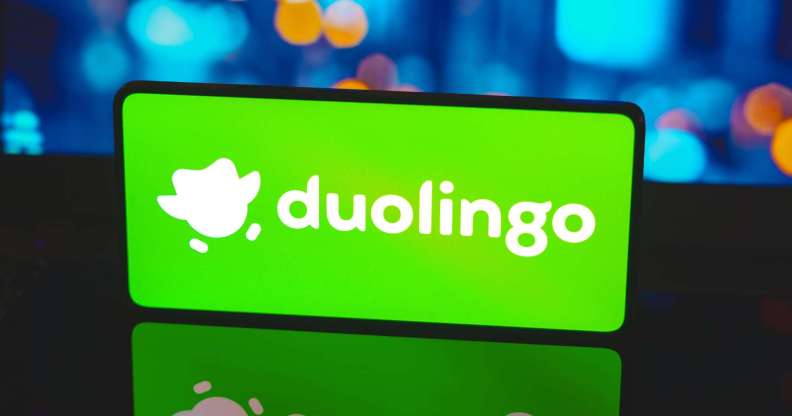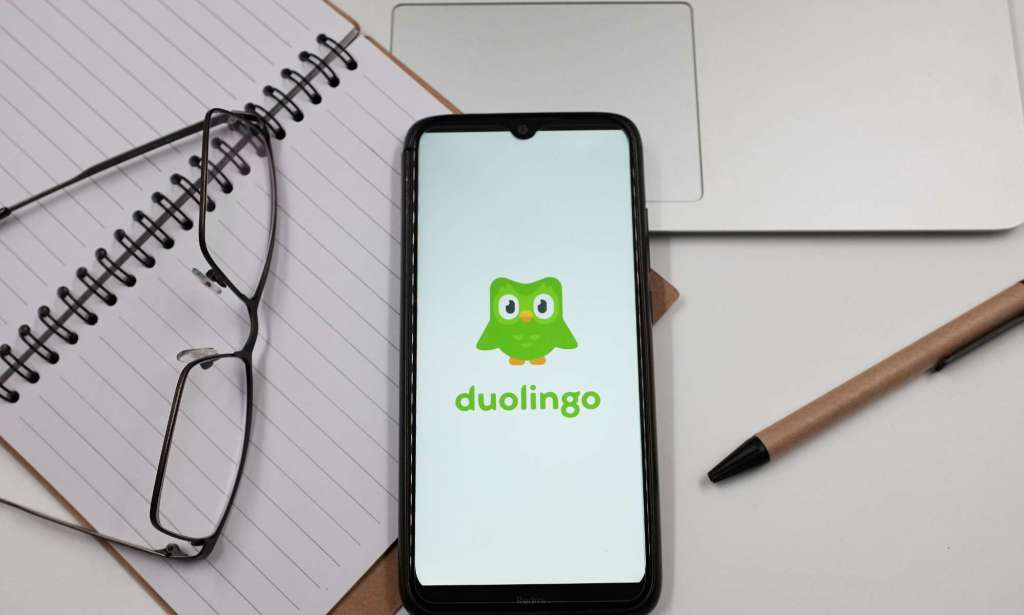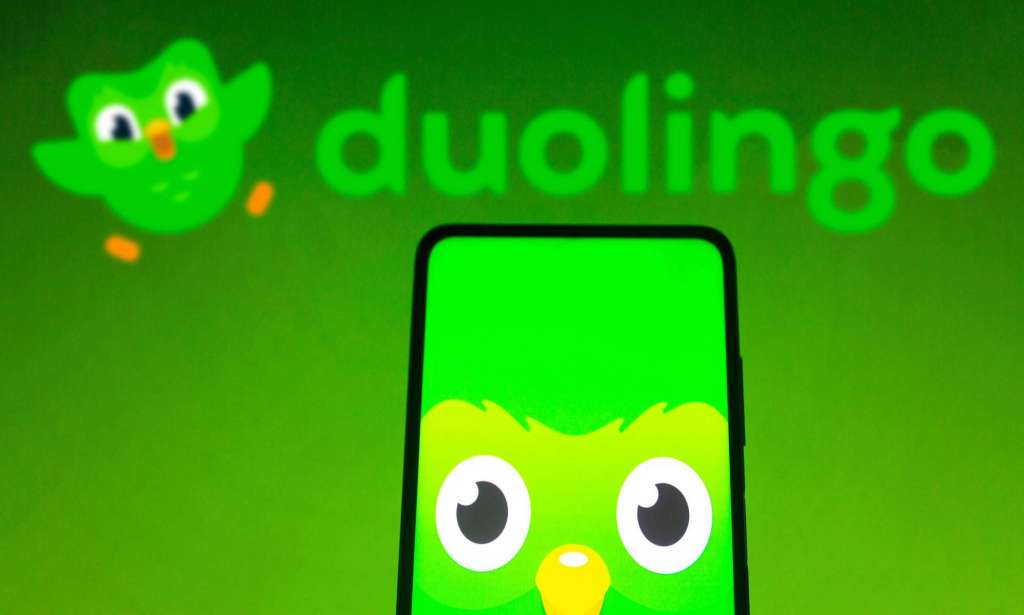Russian media watchdog investigating Duolingo over ‘LGBT propaganda’

A Russian media watchdog is investigating Duolingo over supposed ‘LGBT propaganda’. (Getty Images)
A media watchdog in Russia has launched an investigation into the language learning app Duolingo over allegedly spreading “LGBT propaganda”.
Roskomnadzor (RKN), a federal agency that monitors and censors mass media within Russia, is investigating Duolingo for a possible “distribution of information that promotes LGBT”.
The investigation comes just months after Russia’s supreme court ruled that the “international public LGBT movement”, which does not exist, is an extremist group.

For years, Russia has attacked LGBTQ+ rights with a range of homophobic laws, from banning gender-affirming procedures in 2023 to censoring so-called “gay propaganda” in 2013.
Now, the latest target of Russia’s strict anti-LGBTQ+ laws is the popular learning app that teaches over 40 languages to more than 60 million users worldwide.
An investigation was launched into Duolingo after a “human rights” group Radetel, based in Novosibirsk in central Russia, filed a complaint with the RKN, news outlet Novaya Gazeta reports.
Radetel, which claims on its Telegram page that it is on a mission to protect “public morality, culture, and traditional values”, argued that children should not be allowed to use Duolingo after uncovering exercises on the app that refer to the LGBTQ+ community.
In a post to their Telegram page, shared by Novaya Gazeta, Radetel shared two screenshots of Duolingo English exercises, one that mentions the word “lesbian”, and another that mentions the word “gay.”

In a comment to TASS, the RKN’s press service confirmed: “Roskomnadzor is checking the application for the dissemination of information promoting LGBT people.”
On their official website, Duolingo acknowledges its inclusion of LGBTQ+ characters and stories in their lessons.
As well as introducing three LGBTQ+ Duolingo characters, the app has, since the beginning, included “everyday depictions of LGBTQ+ life” in order to “show queer people living their lives in an unsensatinalised and normal way.”
Explaining the thought process behind Duolingo’s LGBTQ+ representation, the website reads: “Duolingo believes deeply in diversity and representation. This made it a no-brainer to include all types of characters of different ages, ethnic backgrounds, and sexual orientations.
“The second reason is our learners. Something really unique about Duolingo is the extremely vast and diverse audience for our content: language learners of all ages, from all around the world. Yes, that’s a lot of people.
“And with such a broad base of learners, we have a responsibility to reflect and relate to the experiences of all kinds of people, LGBTQIA+ folks included.”
PinkNews has approached Duolingo’s press team for comment.

